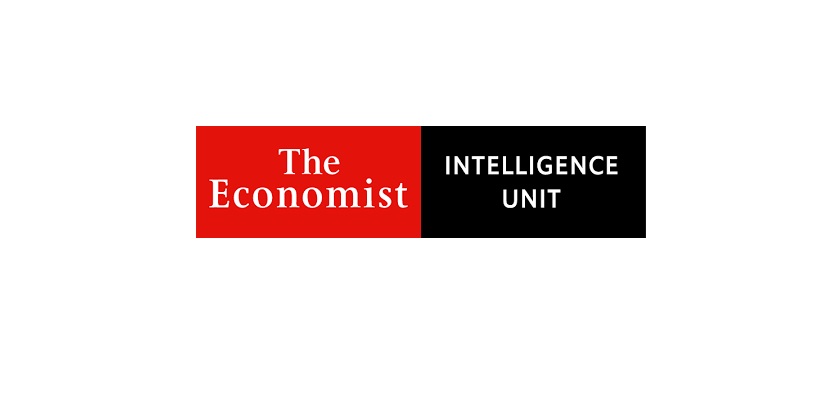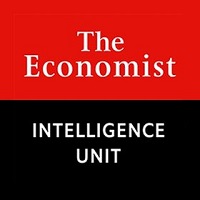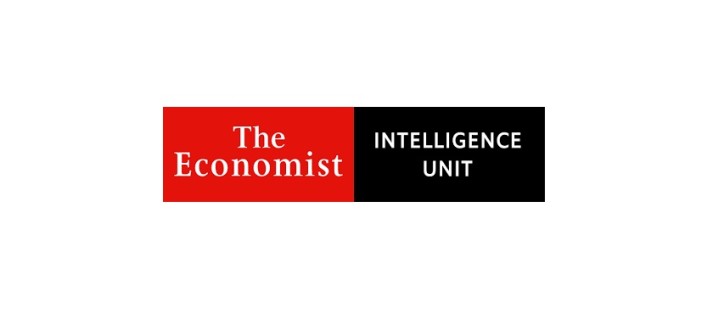
Internet access grew by 8.3% in past year: The Inclusive Internet Index
- Now in its second year, The Inclusive Internet Index tracks the extent to which the internet is available, affordable, relevant and supportive of positive outcomes around the world
- In the 70 countries included in the 2017 and 2018 Indices, the average percentage of households connected to the internet grew to 48.6% from 44.9%, an 8.3% improvement
- Mobile internet coverage and affordability improved considerably – the average price of a 500MB prepaid mobile broadband data plan fell by 10.1%
- New ‘Value of the Internet’ survey explores how the internet adds value to its users’ lives around the world
 The new edition of the Inclusive Internet Index, published on the 26th of February, reveals a healthy increase in internet access since last year, amid expanding 4G coverage and falling mobile costs.
The new edition of the Inclusive Internet Index, published on the 26th of February, reveals a healthy increase in internet access since last year, amid expanding 4G coverage and falling mobile costs.
Compiled by The Economist Intelligence Unit and sponsored by Facebook, The Index provides an international benchmark of internet inclusion across four categories: availability, affordability, relevance and readiness. Its aim is to measure the extent to which internet use promotes positive social and economic outcomes.
Among the 70 countries included in both the 2017 and 2018 Indices, the average percentage of households connected to the internet grew by 44.9% to 48.6%, an 8.3% increase. Progress on this front was fastest among low-income countries included in the Index, where the average percentage of connected households increased from 8.0% to 13.2%, a 65.1% improvement.
The index also identified rapid expansion in the availability of mobile internet services. Coverage of 4G mobile services grew significantly, especially in countries including Guatemala, where it grew 3,935.0%, and Indonesia (658.8%). Meanwhile, the average price of a 500MB prepaid mobile broadband data plan as a percentage of monthly income fell from nearly 3.3% last year to 2.9% in 2018, an improvement of 10.1%.
Enhancements to the measurement of the gender gap in internet access prevent year-on-year comparisons, but it is inarguably still too high: among the countries included in the Index, the proportion of men that access the Internet is, on average, 33.5% higher than the proportion of women. Among low-income countries, the gender gap is 80.2% in favour of men. However, a number of low-income countries, including Nepal, Malawi, and Mozambique, stand out for policies designed to promote internet inclusion among women and girls, specifically digital skills training and STEM education.
The 2018 Index is accompanied by a new Value of the Internet survey, which canvassed 4,267 internet users across 85 countries to assess the impact it has on their lives. The survey reveals that the internet is a source of empowerment, especially to citizens in Asia, the Middle East and Africa. Just under six in ten respondents in the Middle East and North Africa, Sub-Saharan Africa and Asia agree that the “use of the internet has helped me become more independent”.
However, the survey also reveals that privacy and security concerns are limiting internet use, especially in Europe. In all, 85% of respondents say privacy concerns have limited their use of the internet to some degree.
For more information and to explore the index, visit http://theinclusiveinternet.eiu.com
Leo Abruzzese, Global Director of Public Policy at The Economist Intelligence Unit, will be presenting the findings of the study at the 2018 World Mobile Congress in Barcelona at 4.30pm CET, 26th February 2018.
About the Index
The Inclusive Internet Index ranks 86 countries according to the extent to which the Internet is not just accessible but also inclusive across society and supportive of positive social and economic outcomes. Launched in 2017 and now in its second year, the Index was created by The Economist Intelligence Unit and sponsored by Facebook. It assesses countries on the basis of four categories: the availability of internet services, the affordability of such services, the relevance of available internet content to people’s lives, and the extent to which policy promotes inclusion. An executive summary highlighting key findings from this year’s Index, a workbook containing the full Index data, and a summary of the Value of the Internet survey can all be downloaded from http://theinclusiveinternet.eiu.com
About The Economist Intelligence Unit
We deliver vital business intelligence to executives the world over. With access to over 650 expert analysts and editors across 200 countries worldwide, underpinned by an unrivalled in-house survey panel that bolsters the qualitative and quantitative analysis, we uncover novel and forward-looking perspectives. We apply the same rigour of our editorial heritage to design content that goes beyond the expected. And our reputation for authority and independence ensures access to elite contributors in every market in the world, providing truly distinctive viewpoints. More information can be found at https://www.eiuperspectives.economist.com or https://twitter.com/EIUperspectives.





